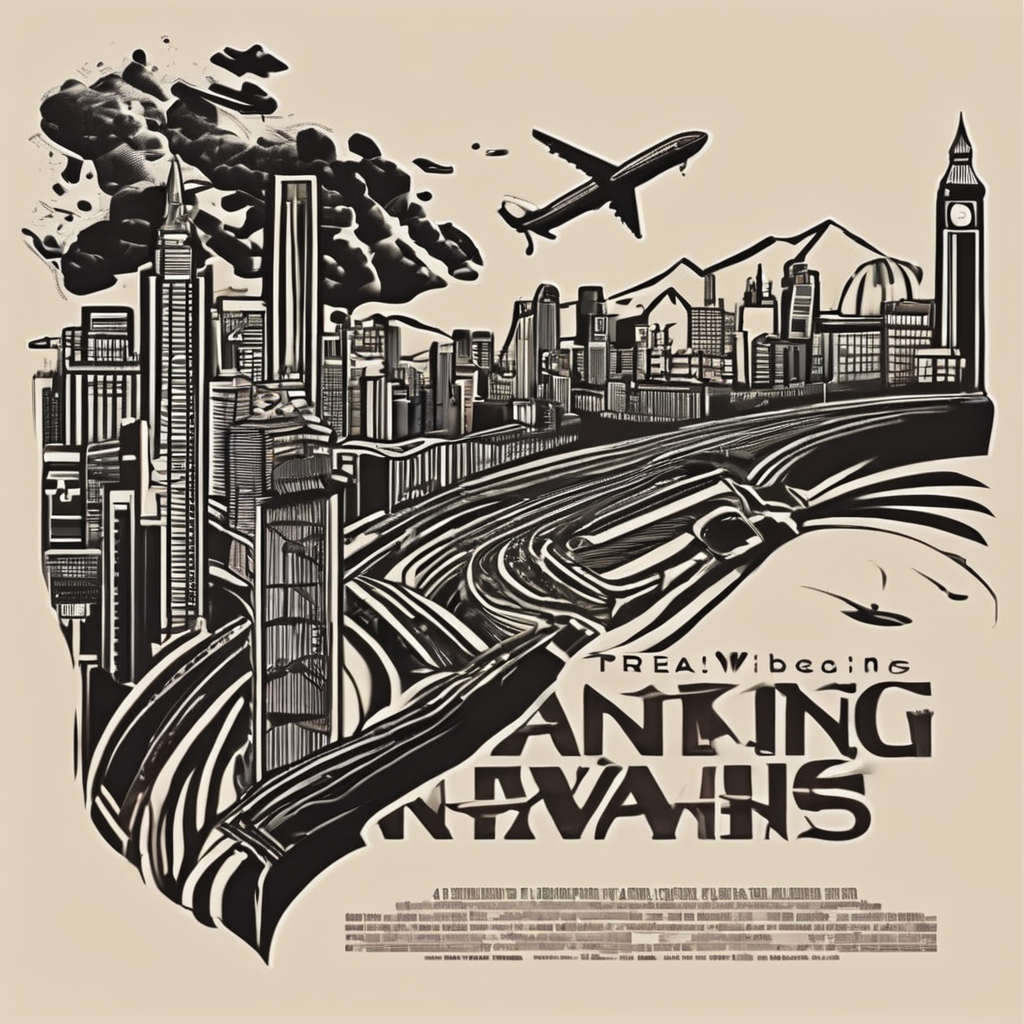Camping is a cherished pastime that brings adventurers closer to nature, offering a unique opportunity to detach from the bustle of everyday life. In the UK, camping near military training areas, such as the Brecon Beacons National Park, has its own set of challenges and rewards. As wild campers, you will have to consider landowner permission, weather conditions, and safety measures. Let’s delve into some of the best tips to ensure your camping trip is both enjoyable and safe.
Understanding Your Camping Area
The first step in planning a wild camping adventure near UK military training zones is understanding the specifics of the area. The UK boasts some spectacular and varied landscapes, many of which are used for military training. The Brecon Beacons, for example, are famous for their rugged terrain, which provides excellent training grounds for the military.
Additional reading : How to ensure proper ventilation in your tent during humid UK summers?
Wild camping near these areas requires landowner permission. This is a crucial step to ensure you aren’t trespassing or camping in areas where it might be unsafe. Research the specific camping spots you are interested in and look up the training schedules to avoid any potential conflicts. The Ministry of Defence often posts schedules online, so you can plan your trip accordingly.
When selecting your camping area, consider the proximity to water sources. Carrying enough water is essential, but knowing where you can refill your supply will significantly ease your burden. The Brecon Beacons are rich with streams and rivers, but always ensure the water is safe to drink by treating it.
Also read : How to prepare for a solo camping trip in the remote areas of the Scottish Highlands?
Preparing for the Weather
The UK is known for its unpredictable weather. When camping wild, being prepared for all conditions is key. In the Brecon Beacons, the weather can change rapidly, making it essential to pack accordingly. A good quality tent is crucial, with a high waterproof rating to withstand sudden downpours.
Layering is the best way to stay warm and dry. Start with a moisture-wicking base layer, add an insulating layer, and top it off with a waterproof and windproof outer layer. Also, pack a spare set of clothes in a waterproof bag to ensure you always have something dry to change into.
Camping Gear Essentials
When it comes to sleeping bags, choose one rated for colder temperatures than you expect to encounter. The Brecon Beacons can get quite cold at night, even in summer. A sleeping bag with a suitable temperature rating will ensure you have a good night’s sleep.
Don’t forget a bivvy bag for added protection. This lightweight, waterproof cover can add an extra layer of insulation and keep your sleeping bag dry. Wild campers often use them as a backup in case their tent fails.
Safety Measures and Etiquette
Safety should be your top priority when camping wild near military training zones. Always inform someone about your itinerary, including your planned camping spots and expected return date. This is crucial in areas like the Brecon Beacons, where mobile phone reception can be unreliable.
Respect the environment by following the leave no trace principles. This means packing out all your rubbish, minimizing impact on the land, and respecting wildlife. When making an open fire, ensure it’s in a designated fire pit or use a portable stove. Never leave a fire unattended and always extinguish it thoroughly before leaving.
Interaction with Military Personnel
If you encounter military personnel during your camping trip, be courteous and follow their instructions. They are often conducting important training exercises, and your cooperation is vital. If asked to move, do so promptly and politely. Planning your trip around their schedules will minimize these interruptions.
Navigating Your Adventure
Efficient navigation is crucial in areas like the Brecon Beacons. Familiarize yourselves with the terrain before setting out. Topographic maps and a reliable compass are essential tools. GPS devices can be helpful, but never rely solely on them, as the cold wet conditions and dense foliage can sometimes interfere with signals.
Route Planning
Plan your route carefully, considering the terrain and potential hazards. The Brecon Beacons, for instance, have steep inclines and rocky outcrops. Ensure your route is within your physical capabilities and adjust for the weight of your backpack camping gear.
When you camp, set up in a sheltered area to protect against strong winds. Avoid camping in valleys or low-lying areas prone to flooding. Check the weather forecast daily and adjust your plans accordingly.
The Night Experience
Nighttime camping in the wilderness is an experience like no other. The silence, broken only by the sounds of nature, offers a unique sense of tranquility. However, it also requires special considerations to ensure safety and comfort.
Staying Warm and Comfortable
Keep warm at night by insulating your sleeping bag with a bivvy bag or thermal liner. Bring extra blankets if you anticipate particularly cold nights. Wearing a hat and gloves can also help retain body heat.
Lighting and Safety
Carry a reliable headlamp with extra batteries. This will be invaluable for navigating around your camp at night and can also serve as a signaling device in emergencies. Set up a perimeter around your camp using reflective markers or glow sticks to help you orient yourself in the dark.
Camping near UK military training areas like the Brecon Beacons presents a distinct set of challenges and rewards. By understanding the terrain, preparing for the weather, adhering to safety measures, and respecting both the land and its users, you can enjoy a fulfilling and safe camping trip. Remember, the key to a successful adventure lies in meticulous planning and a respectful attitude towards the environment and those who share it. Following these tips will ensure that your wild camping experience is one to remember, filling your bank account of memories with the best kinds of experiences nature has to offer.











